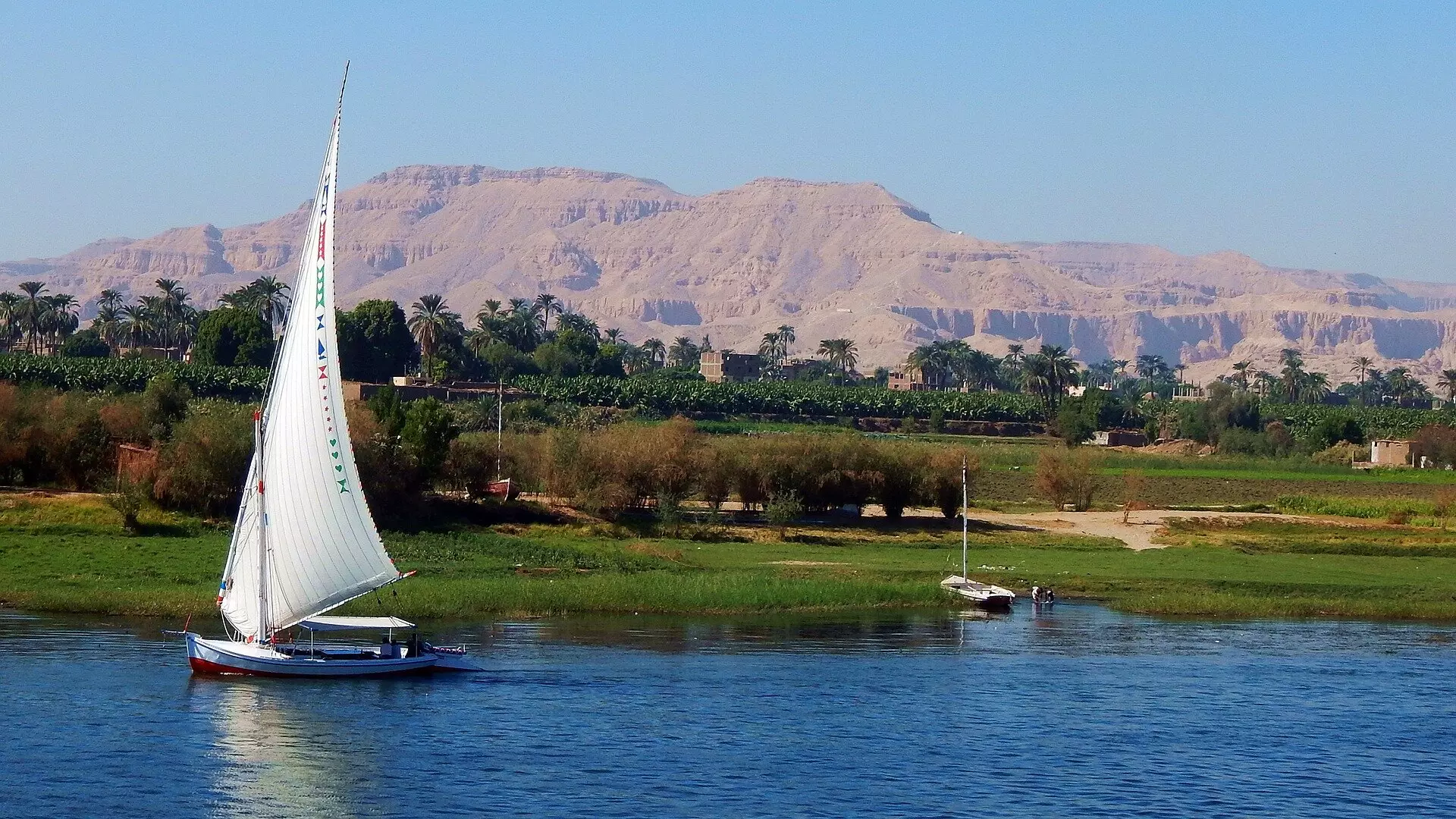The Nile River has long been a source of contention among the 11 countries it flows through in East Africa. The competition for water resources has often led to conflicts rather than cooperation. However, a recent study by The University of Manchester and regional organizations offers a new perspective on resolving the Nile water conflict through energy trade agreements.
The Role of Multisector Simulation
The study, published in the journal Nature Water, introduces a groundbreaking approach that moves away from the conventional water-centric viewpoint. By simulating the combined energy-water system, the researchers were able to demonstrate how energy trade agreements between countries could potentially alleviate the tension surrounding the Nile water resources.
At the center of the dispute lies the Grand Ethiopian Renaissance Dam (GERD), a major infrastructure project on the Blue Nile River. The dam, constructed to enhance Ethiopia’s electricity access and boost electricity exports to neighboring countries, has raised concerns among Sudan and Egypt regarding water rights and access. The innovative simulator created by the scientists covers 13 East African countries, including those within the Nile Basin, to model potential energy trade agreements.
A Win-Win Solution
Dr. Mikiyas Etichia, the first author of the study, emphasizes the importance of shifting towards a benefits-sharing approach when it comes to transboundary river basins like the Nile. By focusing on the mutual advantages of sharing resources such as hydro-generated electricity, crops, and fisheries, countries can move towards a win-win situation. Co-author Dr. Mohammed Basheer highlights the need for actionable large-scale proposals based on detailed tools like the simulator presented in the paper.
The energy trades tested in the study offer a range of solutions that align with the national interests of the countries involved. By increasing electricity trade, the nations can address water deficits, enhance hydropower generation, reduce energy curtailment, and mitigate greenhouse gas emissions. While the proposed arrangements show promise, their implementation would require further assessment from governance and legal perspectives to ensure their viability. If successfully executed, these agreements could contribute to sustainable resource management and regional stability.
The innovative approach outlined in the study provides a ray of hope for resolving the long-standing Nile water conflict. By leveraging energy trade agreements and rethinking traditional water-centric views, countries in the region can unlock the potential for cooperation and mutual benefit. It is essential for stakeholders to continue exploring such transformative approaches to achieve sustainable resource management and promote regional stability in the Nile Basin.


Leave a Reply